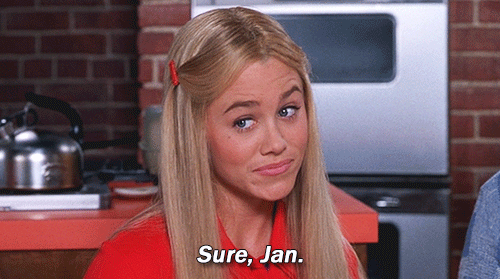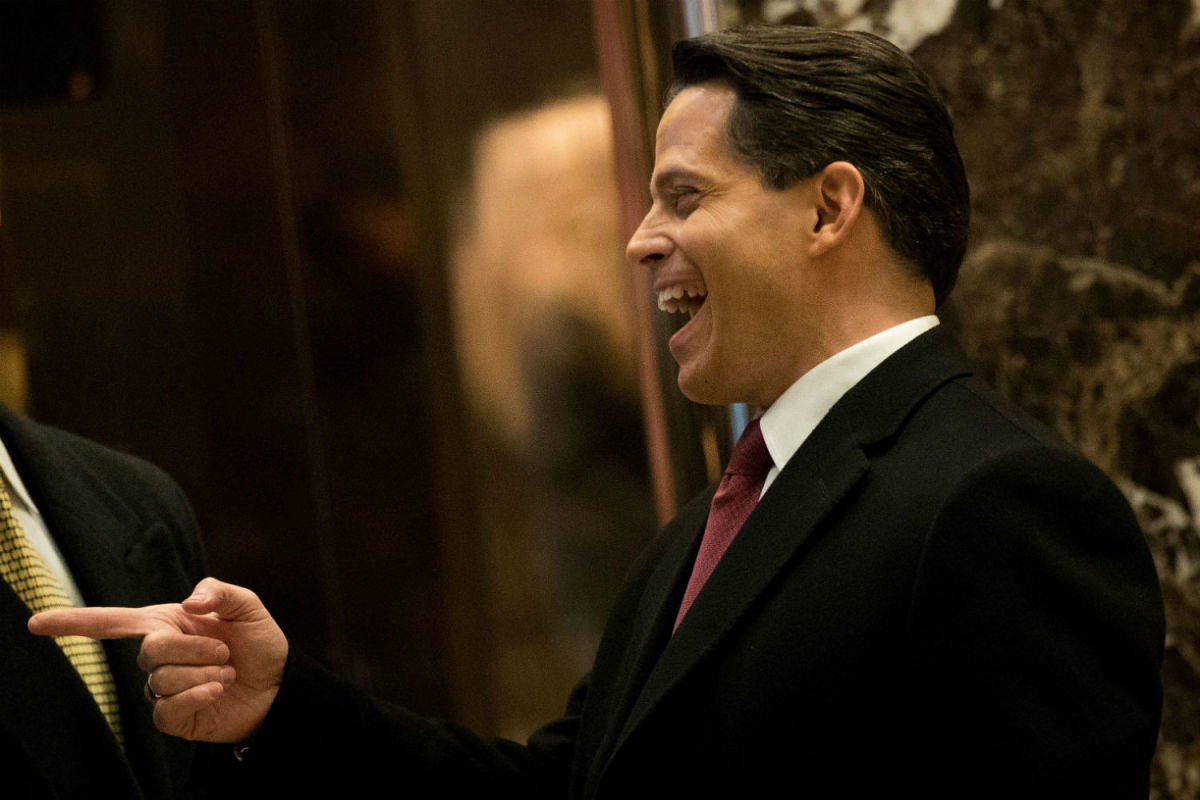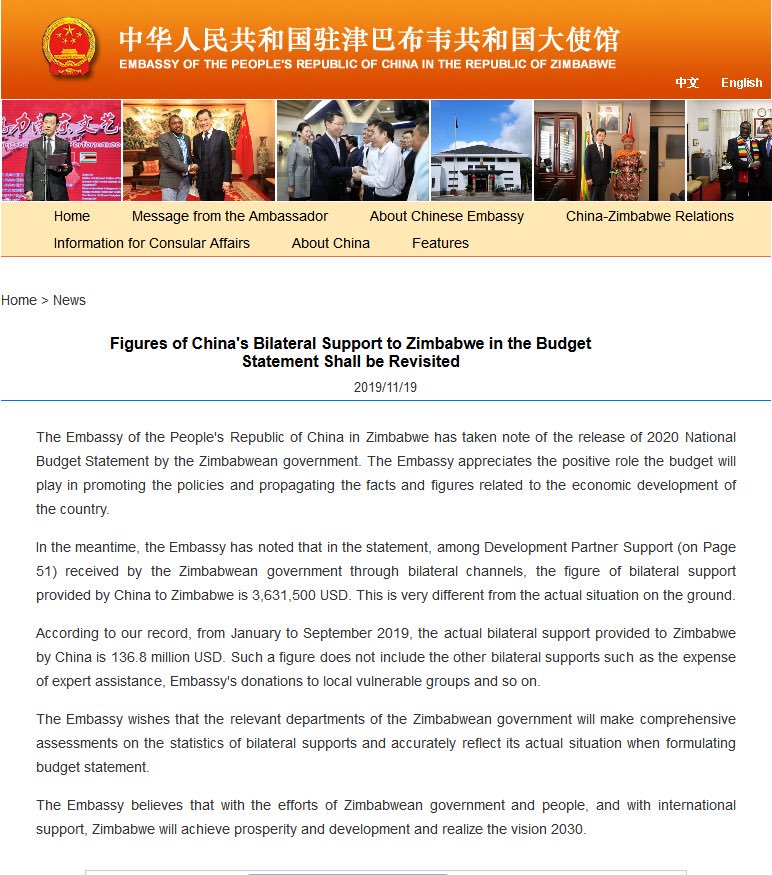A little more than a week ago, on November 8, 2019, the University of Pennsylvania Law School, which has long been known as Penn Law for short, accepted $125 million from the W.P. Carey Foundation — the largest gift ever made to a law school — and honored its donor with naming rights to the elite institution. From that day forward, the school would be known as the University of Pennsylvania Carey Law School, the most prestigious law school to ever be renamed for a donor.
Unsurprisingly, students and alumni immediately objected to the school’s rebranding as “Carey Law,” and created a petition against the “Carey Law” monicker. That petition, which received thousands of signatures, reads:
While many of us are grateful for the generous donation from the Carey Foundation and the benefits it will bring to Penn Law, given the long-held history of referring to this institution as Penn Law, we respectfully ask that the shorthand for the law school remain Penn Law. Not only is there another law school utilizing the same “Carey” name (University of Maryland Carey School of Law), but past and current students chose to attend “Penn Law,” not “Carey Law.”
The undersigned would like to preserve the brand recognition, over century-long history, and clear association with the University of Pennsylvania that comes with the name Penn Law. This is in no way meant to belittle or disrespect the immensely generous gift by the Carey Foundation as we are extremely grateful for their support and look forward to the positive changes and improvements that come as a result.
Will these T14 law students and alumni be able to preserve tradition and brand recognition for their alma mater? The answer seems to be yes — for a limited time.
According to a letter from Dean Ted Ruger, the school will continue to be known as Penn Law, but only until the start of the 2022 academic year, when its shorthand name will become “Penn Carey Law.” This will allow current students to graduate under the Penn Law name, but future students will graduate from “Penn Carey Law”:
Much of the conversation has centered on concerns over the short-form name, instead of a focus on how the Carey Foundation gift will be used. We have heard you. Like all of you, my colleagues and I care deeply about the Law School’s history, tradition, and reputation in the academy, profession, and across the globe. Therefore, consistent with the University of Pennsylvania Carey Law School, which is our official name, the Law School will continue to use Penn Law as our short-form name until the start of the 2022-23 academic year, after which we will use Penn Carey Law, thereby embracing both tradition and transformation.
In an interview with the Daily Pennsylvanian, Pepper Hamilton partner M. Kelly Tillery, a 1979 graduate of the school, claims that alumni are discussing a donation moratorium unless “Penn Law” remains the school’s permanent shorthand name, going on to criticize the proposed name change:
Tillery called “Penn Carey Law” the “McDonald’s of law schools” because the name appears to be in a franchise with “Maryland Carey Law.” University of Maryland’s law school was renamed in 2011 after a $30 million donation from the W. P. Carey Foundation.
“The essence of a franchise is that the quality of the goods and service is not necessarily good, it is just consistent,” he said. “And the consistency level is defined by the lowest denominator: here, the University of Maryland, a fine school no doubt, but not the caliber of Penn Law.”
“I guess we will have to ask students, ‘Would you like fries with that law degree?,” he said.
Wow. This is perhaps the first time a T14 law school has been likened to a McDonald’s, but Tillery is definitely not lovin’ it.
Let’s get real here for a moment: Even when Penn Law formally becomes known as “Penn Carey Law,” does the administration seriously think students will actually refer to the school by its new name (aside from on résumé lines and t-shirts)?

(Image via Giphy)
(Flip to the next page to see the full letter from Dean Ruger.)
‘Penn Law’ Keeps Its Name—For Now [Law.com]
‘A complete nightmare’: Penn Law students and alums reflect on name-change process [Daily Pennsylvanian]
Earlier: Disgruntled T14 Students Take To Twitter To Protest Law School’s Name Change
Students And Alumni Are Pretty Pissed About T14 Law School’s Name Change
T14 Law School Receives Historic Donation, Changes Its Name
 Staci Zaretsky is a senior editor at Above the Law, where she’s worked since 2011. She’d love to hear from you, so please feel free to email her with any tips, questions, comments, or critiques. You can follow her on Twitter or connect with her on LinkedIn.
Staci Zaretsky is a senior editor at Above the Law, where she’s worked since 2011. She’d love to hear from you, so please feel free to email her with any tips, questions, comments, or critiques. You can follow her on Twitter or connect with her on LinkedIn.















 Kathryn Rubino is a Senior Editor at Above the Law, and host of
Kathryn Rubino is a Senior Editor at Above the Law, and host of 



